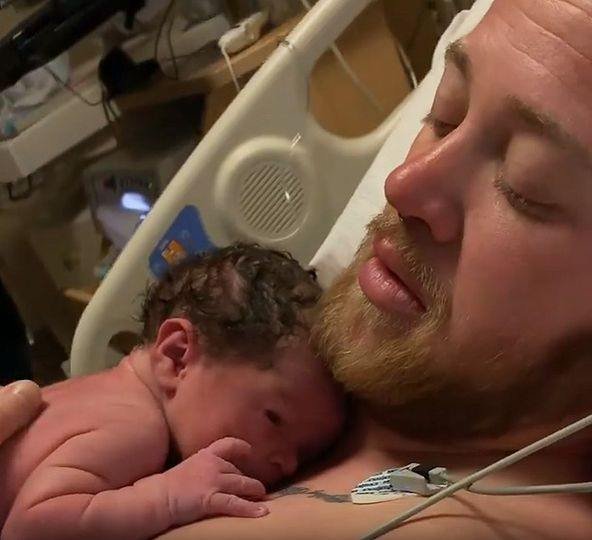In today’s world, embracing gender identity awareness by using someone’s preferred name and pronouns is one of the most meaningful ways to show respect and validate their individuality, whether they identify as straight, gay, transgender, or non-binary.
However, despite growing societal awareness, many people continue to cling to outdated norms, often disregarding others’ gender identities. This lack of understanding can lead to discomfort and emotional challenges for those who don’t conform to traditional gender expectations.
Take the story of Bennett Kaspar-Williams, a 37-year-old parent who welcomed their son, Hudson, via cesarean section in October 2020. With the support of their husband, Malik, Kaspar-Williams navigated the unique journey of pregnancy as a transgender man. Despite identifying as male and using he/him pronouns at the time (now identifying as non-binary and using both he/him and they/them pronouns), Kaspar-Williams faced consistent misgendering from hospital staff who referred to them as a mother rather than a father.
According to Kaspar-Williams, who began transitioning in 2014 after identifying as transgender in 2011, this experience highlighted how deeply ingrained gender norms are within medical systems. Although he specified his gender as male on medical paperwork, nursing staff continued to refer to him with female identifiers throughout the childbirth process, leaving him frustrated and disheartened.
Kaspar-Williams has since become an advocate for expanding gender identity awareness, emphasizing that childbirth and parenthood should not be exclusively tied to traditional notions of gender. Speaking to media outlets, he addressed the need to separate womanhood from motherhood, stating, “Being born with a uterus doesn’t make conceiving or carrying a certainty. That’s why it’s so important to stop defining ‘womanhood’ in terms of ‘motherhood.’ It’s a false equivalency.”
His story underscores the importance of respecting self-identified genders and challenging societal assumptions. By sharing his experiences, Kaspar-Williams continues to shed light on the complexities of gender identity, encouraging greater awareness and inclusivity in healthcare and beyond.

